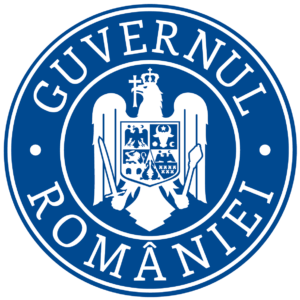Italy Checklist: Sponsoring Highly Skilled Migrant Visas
Grab a copy of a guide to international employee relocation
View E-bookThe key takeaways from the panel discussion regarding transnational posting of workers, highlighting important regulatory and procedural aspects:
Transnational Posting vs. National Posting: Transnational posting involves work performed by employees of a company registered in one EU member state in another EU member state, while national posting is limited to workers being assigned within the same country’s borders. Understanding this distinction is crucial for compliance with EU regulations.
Legal Complexity: Compliance with regulations involves understanding laws from at least two countries—the home country of the employer and the country where the work is performed. This complexity results from various legal norms (labor laws, tax regulations) that must be followed.
Information and Documentation: Employers are required to inform workers about their rights and conditions of the posting, including salary, working hours, and terms of employment. This information must be documented in a clear manner and communicated effectively to the employees.
Act of Posting: When sending workers abroad, an act of posting contract must be created, outlining the job details, duration, and remuneration in compliance with local labor laws of the host country.
Notification Requirements: Employers must notify relevant labor authorities in both the home and host countries about the posted workers. This includes submitting specific forms and ensuring compliance with local regulations regarding labor rights.
Tax Residency and Obligations: The panel discussed the implications of workers potentially being subject to tax in both the home and host countries. Understanding tax residency rules, including the 183-day rule for tax residency, is crucial to avoid double taxation.
Social Security Contributions: Employers face varying obligations regarding social security contributions for posted workers. Countries have agreements that can alleviate some of these complexities but require careful navigation.
Compliance Challenges: One major issue is the mismatch between different legal frameworks and administrative practices across EU countries, leading to potential non-compliance or administrative burdens.
Proactive Measures: Employers are encouraged to stay informed about changes in labor laws and regulations across different jurisdictions. Developing internal policies and training HR staff on transnational posting compliance is essential.
Seeking Expert Advice: Given the complexities of transnational employment laws, consultation with legal experts in labor law and tax issues is recommended to ensure compliance and proper management of legal risks.
The panel emphasized the need for thorough understanding and proactive management of the regulations surrounding transnational posted workers. Navigating this landscape requires diligence, informed documentation practices, and adherence to both labor and tax regulations to avoid legal repercussions. Establishing clear processes and engaging with legal experts were underscored as critical steps to ensure compliance and protect both the employer and employees involved in transnational assignments.
This summary captures the essence of the discussion, focusing on the intricacies and administrative obligations involved in transnational posting of workers within the EU.
xpath.global in partnership with Nestlers Group and Corporate Migration Center (COMIC) organises Talent Mobility Summit (TMS) Romania 2024, a series of regional events designed to foster a community of thought leaders in global mobility. TMS Romania is a highly anticipated event for corporate human resource and global mobility professionals across Europe. This exclusive gathering is a significant event for leaders seeking to navigate the elaborate world of international assignments, posted workers compliance.
The recent changes to the Schengen zone bring increasing challenges to immigration, tax and social security compliance. These factors significantly impact employee experience and productivity, increasing the company’s legal risk in various geographies.
At xpath.global, we lead the way in incorporating technology to simplify global mobility. We prioritize employee well-being while ensuring compliance. Join us in learning about best practices, policies and how to leverage flexible technology solutions to simplify processes.

Managing Partner at Nestlers Group

Romanian Labour Authority

Italy Checklist: Sponsoring Highly Skilled Migrant Visas
Grab a copy of a guide to international employee relocation
View E-book